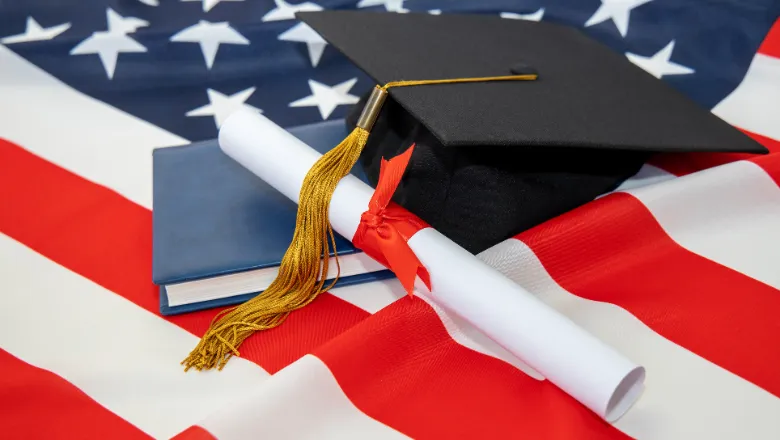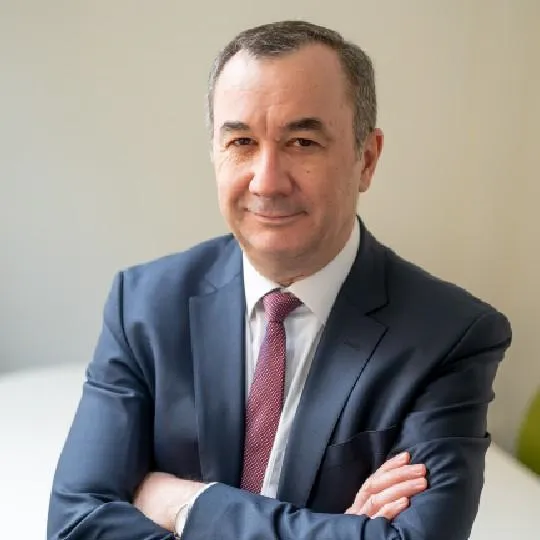30 October 2024
Professor Liviu Matei discusses threats to academic freedom and democracy at a gathering of international leaders in Washington D.C.
As the U.S. presidential election draws closer, conversations regarding the threats to academic freedom and democracy, are well timed. Last week, Professor Liviu Matei spoke at the annual meeting of Magna Charta Universitatum Observatory, co-organised with PEN America and hosted by the president of Johns Hopkins University at the Bloomberg Centre in Washington DC. The conference brought together university leaders from North America, South America and Europe.

Professor Matei shared his own challenges with an authoritarian government as an academic leader in Hungary, where he was provost at Central European University, where he dealt firsthand with the passing of a law which essentially forced his institution out of the country.
Matei commented, “Academic freedom was taken for granted, as was democracy”. He suggested that there are strong parallels with what happened in Hungary and even implies that there is direct borrowing from authoritarian Hungary occurring in America. This is evidenced by the adoption of new laws that set out to unjustifiably limit academic freedom in teaching and learning, and research, to the point that the same books by Dostoevsky are forbidden in Hungary and now in certain US states.
Professor Matei discussed how the US used to be a prominent global reference in higher education, “exporting” models, and illustrated this with an analysis of the development of a consequential European model of university autonomy in the first decades of the new millennium, significantly and directly influenced by the US. At present, however, “America is importing bad models”, he stated.
Matei was amongst several other speakers at the conference, just weeks before the U.S. presidential election, in which Donald Trump leads the Republican charge against the Democrats’ Kamala Harris. In Trump’s last presidential term and in his current campaign, questions about his commitment to democratic procedures were raised. Adding to other recent developments in the US, many in the higher education sector are concerned, as expressed clearly by the US participants at the conference, about how a second Trump administration could impact universities, including in terms of governance.
Matei’s involvement in this discussion signals a concerted effort, and a call out to others, not to neglect challenges to academic freedom; emphasising both its relevance and its necessity; and the need to be mindful that models or frameworks of reference evolve in time, and travel between different jurisdictions in ways that are impactful, as this might not be self-evident.

